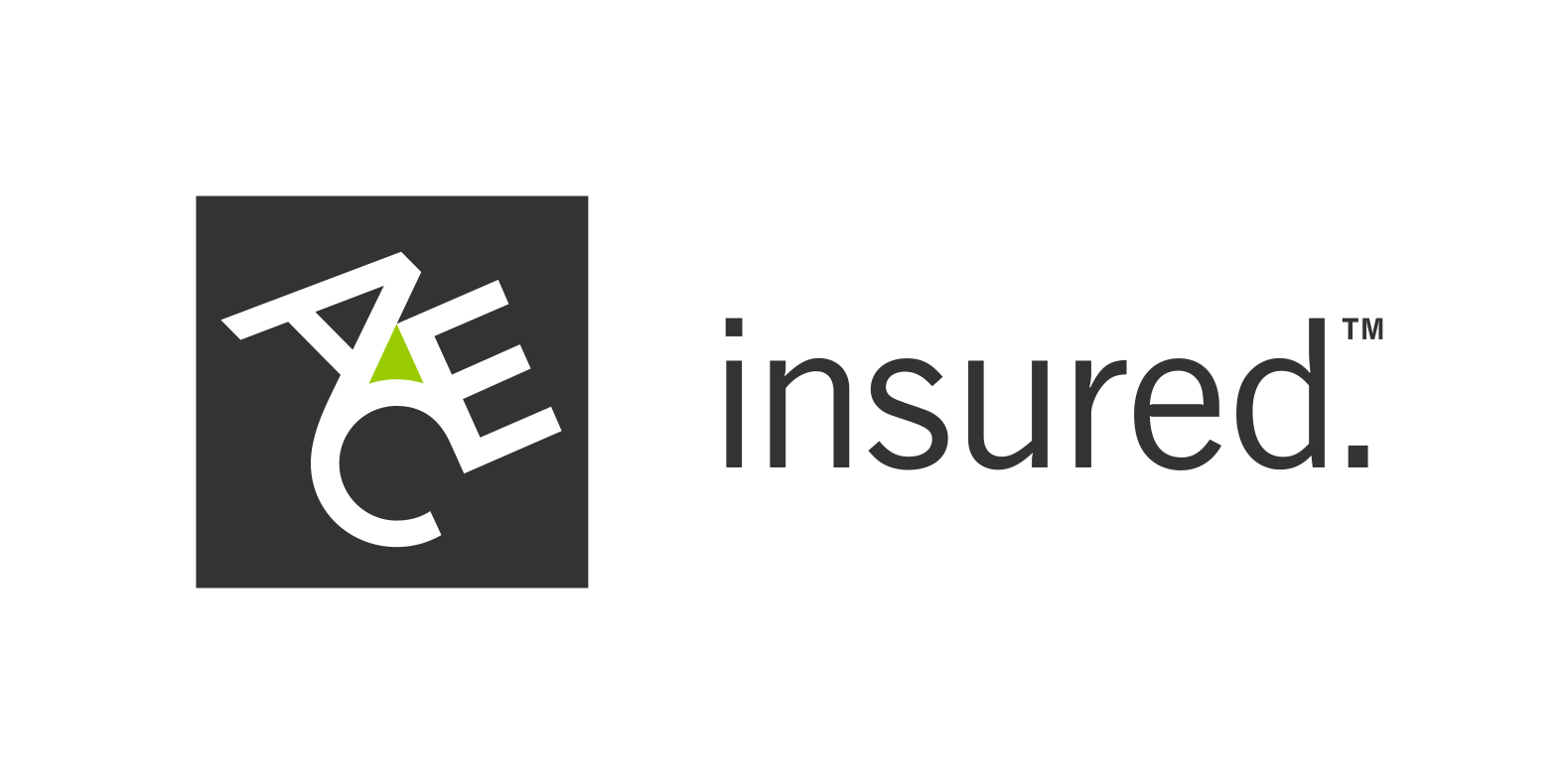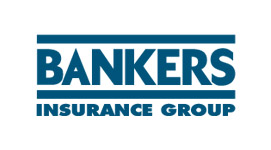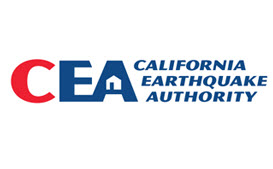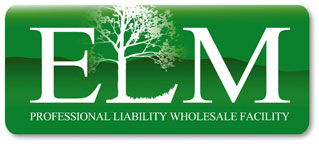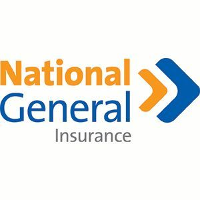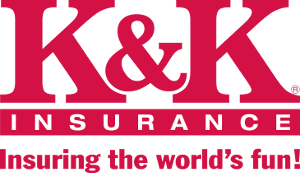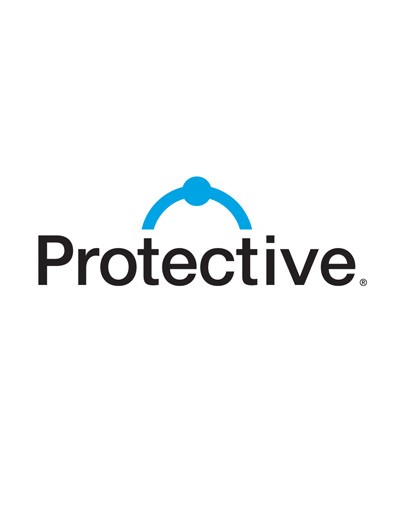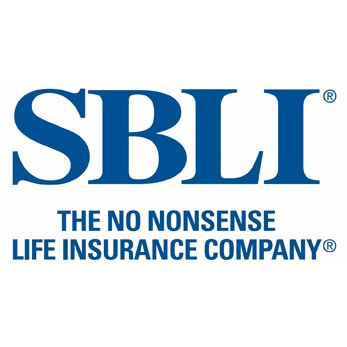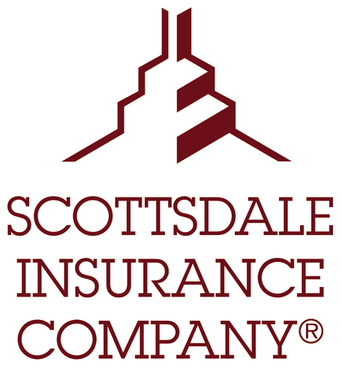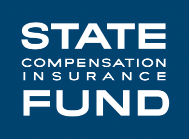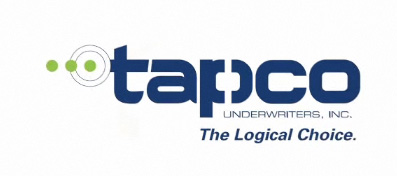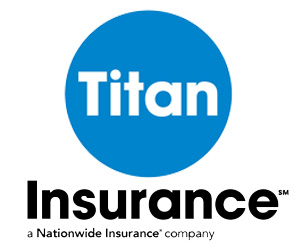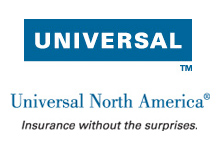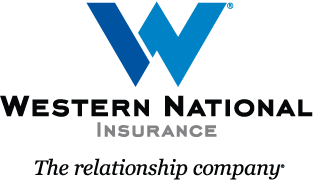Most residential insurance policies do not cover earthquake damage – a separate policy is required. Without earthquake insurance to help you recover from catastrophic damage, you will be responsible for all costs to repair or rebuild your home, to replace your personal property, and to live and eat elsewhere. Click here for more information.
What Are My Earthquake Risks?
No part of California is “immune” from earthquakes—in other words, there is no “low-risk” area in California for Earthquakes—there are only areas of lower or higher risk.
In general terms, your home’s risk level depends on where you live in relation to earthquake faults, the age and type of dwelling you live in, and the soil types where you live.
Some parts of California that have not experienced earthquakes for 200 years or more might be more susceptible to earthquakes than areas that have experienced recent earthquakes. Why? Earthquake faults build up tension over long periods of time; what we experience as an earthquake occurs when that tension is suddenly released. It is theorized that relatively recent earthquake activity means that faults have released built-up tension—a lack of earthquake activity can mean that tension is still building and could be released at any time as an earthquake.
Is my residential property insurance company required to offer earthquake insurance?
Yes. By law, all residential property insurance companies must offer earthquake coverage.
My condominium association doesn’t have a Master Earthquake Policy. How will this affect me?
In condominium communities, the exterior of buildings, certain building components, and common areas are typically owned by all the condominium owners as a group. In the event of earthquake damage to such property, the association may, in accordance with its bylaws, impose an assessment against all members of the association to pay for exterior or structural repairs. Click here for more information about Loss-Assessment coverage for CEA Policyholders.
Will the government help if a big quake strikes?
Maybe. Maybe not. Depends. Assistance from the federal government may be available to assist individuals who have property damaged by earthquakes. However, California residents should know that State and Federal disaster assistance programs have specific eligibility criteria and may not always be available. In addition, Federal and State funds alone are unlikely to be enough to get your life back to its pre-disaster condition. If the President of the United States declares a disaster, the Federal Emergency Management Agency (FEMA) may only grant limited assistance to those who qualify. The Small Business Administration may make available low-interest loans to help with repairs. But you must qualify and of course, you must repay the loan.
About CEA Earthquake Insurance Policies
What types of policies are available from the CEA?
The CEA offers earthquake insurance policies to help homeowners, mobilehome owners, condominium owners, and renters recover from damaging earthquakes. Click here for more CEA Insurance Policy Information.
How many CEA policies are in force throughout California?
The CEA has more than 800,000 policies in force, representing about 70 percent of all residential earthquake insurance policies sold in California.
How can I buy CEA earthquake insurance coverage?
CEA policies are sold and serviced exclusively through CEA’s participating insurance companies. Click here for a list of Participating Insurance Companies. Call your broker, agent, or residential insurer to purchase a CEA policy or for more information about coverage and policy limitations.
Only your broker, agent or residential insurer can give you an accurate premium quote. But you can use CEA’s online Premium Calculator at www.EarthquakeAuthority.com to get an estimate.
How are CEA premiums determined?
CEA’s premiums are based on science, not profit. By law, CEA rates must be sufficient to allow the CEA to remain financially sound, to pay its covered claims. CEA rates are based on the best available science for assessing earthquake risk and do not include any amount for profit. For example, homeowners earthquake insurance premiums are calculated according to the dwelling’s insured value, location, construction-type, foundation, age, and number of stories, in addition to the policyholder’s coverage choices. Click here for more information on rates and premiums for homeowners, mobilehome owners, condominium owners, and renters.
Where does my premium dollar go?
About 83% of funds the CEA collects are dedicated to claims-paying capital, reinsurance, and the costs associated with financing. About 14% is allocated to agent commissions, and participating insurer fees. Less than 3% is devoted to CEA operating expenses.
How does the deductible work?
A CEA policy deductible is a calculation of the share of loss for which a policyholder is responsible. For claims that exceed your CEA deductible, you needn’t spend money out-of-pocket before becoming eligible for payment on your claim.
How Much Earthquake Insurance Should I Have?
Like the basic question of whether earthquake insurance is right for you, how much coverage is right for you depends on your individual circumstances. The following questions may help you decide:
- Can you afford to replace your household possessions (such as sofas, beds, TVs, furniture, refrigerators, and clothing) if they were destroyed in an earthquake? How much would they cost?
- If you have to find temporary accommodations because you cannot live in your home as the result of an earthquake, how much will you need to pay for those additional living expenses?
- If you own your home, how much home equity do you have? Can you afford to risk losing that equity if an earthquake damages or destroys the home?
- How much would it cost to rebuild your home? Do you have assets available to repair or even rebuild your home after an earthquake?
- Do you have a mortgage, second mortgage, or line of credit on your home? Can you afford to continue repaying those loans while also paying to rebuild or replace your home?
Keep in mind that the insured value of your dwelling for your earthquake policy is the same as the amount of coverage specified in your homeowners insurance policy. If you are underinsured on your homeowners policy, you are underinsured on your earthquake policy, too.
Participating insurance companies process all CEA policy applications, policy renewals, invoices, and payments and handle all CEA claims.
Does the California Earthquake Authority (CEA) declare a moratorium on buying/selling earthquake insurance after an earthquake?
The CEA does not restrict buying/selling CEA insurance products after an earthquake. It is possible, however, that after an earthquake, CEA participating insurers may restrict writing of their residential-property-insurance products (e.g., dwelling fire, mobilehome, renters, or condominium-unit owners).
Under California insurance regulations, applicants who wish to purchase CEA earthquake coverage must have a residential property insurance policy in effect from a CEA participating insurer.
- If you are unable to purchase a residential-property-insurance policy from a CEA participating insurer because that insurer has imposed a restriction, you also will be unable to purchase CEA coverage until the restriction is lifted.
- Current residential property insurance policyholders of a CEA participating insurer, on the other hand, may purchase a CEA policy at any time.
After a recent earthquake, I purchased a California Earthquake Authority (CEA) policy and received a notice entitled “Information for Purchasers of New California Earthquake Authority Policies.” How does the notice affect me?
It is important for you to know that certain earthquakes are not covered under your CEA earthquake policy: (1) earthquakes that occurred before the effective date of your policy and (2) earthquakes that are described in the notice entitled, “Information for Purchasers of New California Earthquake Authority Policies.”
Please read the notice—and your policy—carefully: The notice provides you with information on a recent earthquake that has an impact on the effective date of your earthquake-insurance coverage for the 360 hours following the earthquake.
What is Meant by a “Mini-policy”?
In 1996, by act of the California Legislature, a reduced-coverage, catastrophic earthquake-insurance policy became available. This so-called earthquake “mini-policy” is intended to protect a policyholder’s dwelling—to provide a “roof over your head”—while excluding coverage for costly non-essential items such as swimming pools, patios, and detached structures. The standard CEA Homeowners policy is based on and authorized under the mini-policy law. Such policies are intended to help the policyholder avoid catastrophic loss while keeping premiums more affordable for more consumers.
Can I purchase a CEA policy all by itself, without purchasing a Homeowners, Condominium or Renters policy?
No. California law requires you to have a residential insurance policy in-force with a CEA participating insurance company in order to have a CEA earthquake policy. If your residential insurance policy cancels, your CEA policy cancels at the same time. It is important to make sure your CEA policy remains in-force and is updated anytime you make a change to your residential insurance policy.
When will the new CEA Homeowners Choice product be available?
The new CEA Homeowners Choice product is available for policies beginning on or after July 1, 2012.
Is the new CEA Homeowners Choice product available for Condominium and Renter customers as well as Homeowners customers?
No, Homeowners Choice is available for owners of dwellings or manufactured homes (mobilehomes) only.
How will my existing CEA policy be affected by this new product?
There will be no impact to your existing CEA policy; however, you will be eligible to replace your current CEA Homeowners earthquake policy with a new Homeowners Choice policy at any time after July 1, 2012.
Can an existing CEA standard Homeowners earthquake insurance policyholder replace their current policy with the new Homeowners Choice policy?
Yes. The current CEA standard Homeowners earthquake policy can be cancelled and replaced with the new CEA Homeowners Choice policy. A qualifying companion Homeowners policy can have either a CEA standard Homeowners policy or a CEA Homeowners Choice policy, but cannot have both.
What is Loss Assessment?
In condominium communities, the exterior of buildings, certain building components, and common areas are typically owned by all the condominium owners as a group. In the event of earthquake damage to such property, the association may, in accordance with its bylaws, impose an assessment against all members of the association to pay for exterior or structural repairs.
This coverage is unique to condominium owners, in that if damage from an earthquake occurs and the losses are not fully covered by the association’s master insurance policy, Loss-Assessment coverage may help you pay for your share of certain assessments the association may impose on all property owners in your condominium development.
A partial list of assessments not covered are those made to pay for the repair of non-residential structures, awnings, patio coverings, pools, spas, club houses, artistic features, or separate parking structures.
What does Loss-Assessment coverage cover?
If your condominium owners association imposes an assessment to repair damage caused by an earthquake, Loss-Assessment coverage may help pay your share of certain assessments. Your CEA policy has the details.
You may buy CEA Loss-Assessment coverage even if your condominium owners association does not have a “master” earthquake policy in force.
Why have the premiums for Loss Assessment changed over time?
Today, an increasing number of condominium homeowner associations are either buying earthquake coverage with high deductibles or electing not to purchase earthquake insurance at all.
As a result, there is a greater likelihood that homeowner associations will use unit-owner assessments to repair damage following an earthquake. This results in an increased probability of loss under a CEA policy with Loss-Assessment coverage—requiring the CEA to adjust premiums for this coverage over time. Doing so ensures that the premiums the CEA does charge are commensurate with the increased probability of loss as the number of CEA policyholders who purchase Loss-Assessment coverage continues to grow.




